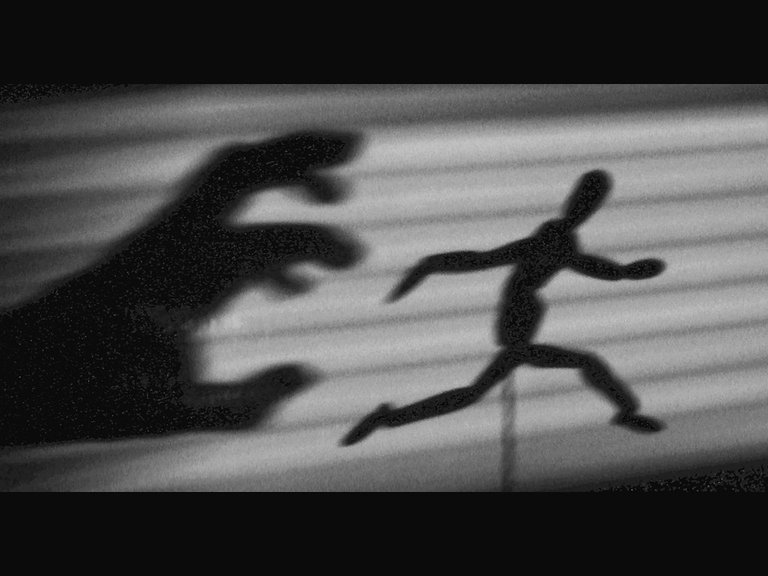The darkness of Night and the fear of the dark isn't a new thing to almost everyone. At a point in time in our lives we feared the dark and would always do everything to be away from it. In fact for someone like me, growing up was a fun mess, because I never left my bed to go switch off the main room light and this was because I was scared I could be carried away by some unknown spirit and so my sister would go, and anytime she comes back to tell me she wasn't swallowed, I will remind her that she was older than I was and the spirits were interested in smaller children since they didn't hunt her.
A lot of people have had this type of fear when it comes to darkness and this fear can lead to vertigo, hallucination of horrible things, or even the fear of physical objects that naturally do not hurt a person but because they tend to have strange imagery at night, one can be scared of them. While I overcame my fear as I grew older, some people had their fears as adults. Such example is the case of 21 year old man who phobia for darkness after he had served in the Israeli Army and this was because of the trauma he faced while on missions. He mentioned that before he had the traumatic experiences, he wasn't scared of the dark but things had changed.

He would get home before sunset because he was scared of the dark, and would always leave his lights on. He wasn't going to put them off and he couldn't sleep properly because he was going to have the entire night filled with nightmares. The thought of darkness gave him anxiety attacks, heavy breathing, trembling and vertigo. Since he couldn't sleep at night, he would sleep during the day and stay awake all night. Upon visiting the hospital, he was treated using Systematic Desensitization Technique which helped him fight his fear leading to the extinction of the phobia.
A lot of us do not fear the dark at least again because we have learned to believe that it is not scary and nothing terrible can happen at the time. We usually react to things either through conditioned Stimulus or Unconditioned stimulus with the former being what we have conditioned our body to react to, and the other being what we adapt to as a result of scenario or issue. As children, we saw bees as beautiful and we would love to play with them but as we grow up and encounter them like I did some months back when I knocked over a bee hive accidentally, we begin to fear the sounds of bees or anything that sounds like Bees and this phenomenon is refered to as classical conditioning.

With classical and instructional conditioning, we learn to fear things either by what we were told or by associating negative experiences with the event. So as we grow or as we perform activities, our brain tends to divide things to either safe or dangerous. For instance, I do not make or receive calls when my phone is plugged to power supply and this is because I have associated numerous negative experiences and stories to this activity. But there are cases that are less scary yet we tend to be more afraid of them than the more risky ones. For instance, traveling on a plane is less risking than traveling by road but because of the news around plane crashes, we tend to fear flying on a plane than driving a car.
Fear of the dark has been associated to our evolutionary past when our ancestors were hunters and scared of being hurt by wild animals that hunt at night. And we all got this type of fear either living in developed countries or underdeveloped countries, and as a child, I was also scared of the dark just like every other child. Also as adults, certain traumatic situations can associate night to danger causing them to be scared of the dark.
Post Reference
https://psycnet.apa.org/record/1980-26162-001
https://www.simplypsychology.org/classical-conditioning.html
http://people.whitman.edu/~herbrawt/classes/390/Ohman.pdf
https://pmc.ncbi.nlm.nih.gov/articles/PMC7835842/
https://www.tandfonline.com/doi/full/10.1080/02699931.2016.1169997
https://journals.plos.org/plosone/article?id=10.1371%2Fjournal.pone.0022285
https://www.collegesidekick.com/study-guides/boundless-psychology/classical-conditioning
Image Reference
Image 1 || Flickr || Fear of the Dark
Image 2 || Wikimedia Commons || Bee's dont sting - panoramio.jpg
 Follow
Follow 